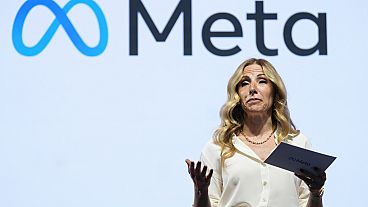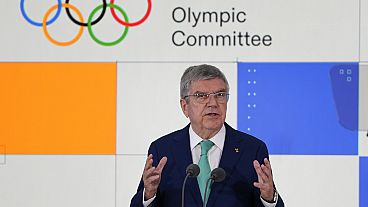FRANKFURT - Euro zone companies expect wages to rise by 3% or more this year as workers demand to be compensated for inflation and it becomes more difficult to find staff such as builders and software engineers, the European Central Bank said on Friday.
Wage growth is a crucial indicator for the ECB in assessing the future path of inflation and setting the timing of what would be its first rate hike in over a decade.
The ECB spoke to 74 large companies operating in the euro area outside the financial sector in mid-January, finding that labour market conditions were getting tighter and wages were rising or expected to do so after a near freeze in the past two years.
"Typically, contacts said they expected average wage increases to move from around 2% in the recent past to 3% or possibly more this year," the ECB said in a report.
"Significantly higher rates of wage inflation were described or anticipated in relation to those jobs for which it was a challenge to recruit and retain staff, for example in the fields of construction and road haulage and for IT experts and software engineers."
The companies told the ECB that demand was strong or growing but they were struggling to meet it because of supply constraints, a side-effect of measures designed to fight the coronavirus pandemic.
Just under half of companies reported an increase in activity in the final quarter of last year, a smaller proportion than in the previous round of the survey three months ago.
As for prices, the share of companies reporting an increase fell but remained greater than half of the total.
"Many contacts said that prices were being adjusted more frequently than in the past to avoid margins being squeezed and that prices would continue rising through much of 2022," the ECB said.
The ECB finally acknowledged mounting inflation risks at a policy meeting on Thursday and even opened the door a crack to an interest rate increase this year, marking a remarkable policy turnaround for one of the world's most dovish central banks.



